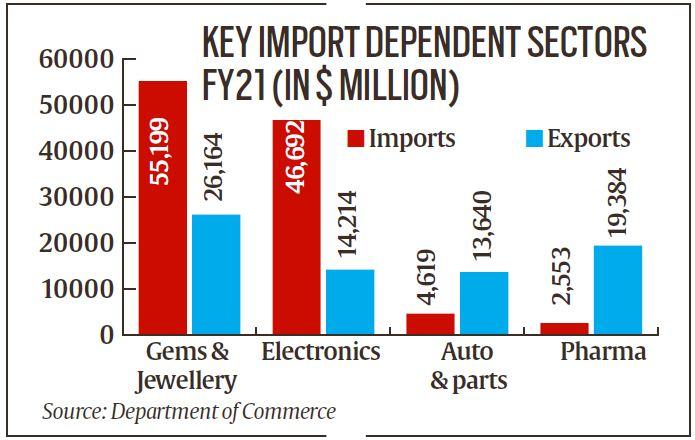KARACHI: The local dealers, importers and mobile phone mechanics are suffering huge losses owing to the rising costs of imported mobile parts, rupee depreciation and the absence of domestic part manufacturers.
As countries around the world strive for advancement and manufacturing in the field of technology and IT; self-sufficiency and becoming a manufacturing base remain a distant dream for Pakistan.
The country is stepping up its drive to be a manufacturing base for mobile manufacturing companies, but there are no companies, which manufacture parts for mobile phones.
The country imports almost all mobile parts from China to meet its demands such as mobile LCDs, charging jack, chips and others, which gets costly each time the rupee depreciates.
Muhammad Sarfaraz, an importer and a dealer of smartphone parts, said: “We import parts from China in dollars and the rupee depreciation resultantly increases their costs. Our sales have decreased around 30 per cent in the last couple of years, while the profits have come down more than 50 per cent, compared with the two to three years ago,” he added.
“As long as we do not start manufacturing domestically, we do not expect any change in the market and the prices of parts will entirely be dependable on the rupee fluctuation. Even if we start manufacturing, we will still import raw materials from other countries, which will not make a big difference.”
“The country only assembles products and does not completely manufacture them, be it smartphones, motorbikes or cars. We need to produce completely manufactured products to minimise the impact of the dollar on the local business,” Sarfaraz said.
Faraz, a retailer of mobile parts in Saddar mobile market, said, “The sales have come down around 15 per cent, amid inflation. The government officials say that the country is exporting mobile phones to other countries but the truth is it does not manufacture these devices but only assembles it.”

“Our local mobile and parts market will only strive when we do business in the local currency and for that we will have to come up with a solution to start manufacturing mobile devices and their parts,” he said, adding: “Every customer expects the same price for parts it was two to three years ago but we cannot afford to sell them on the same prices, which resultantly affect our sales,” he added.
The hike in the mobile parts is not only affecting the business of importers and retailers but is also putting pressure on the local mobile phone mechanics who rely on the city’s Saddar mobile market for buying parts.
Muhammad Iqbal, a mobile mechanic in a local vicinity said: “Business is down to its lowest due to the increasing prices of the parts. The prices of parts such as an LCD, charging jack, microphone, and speaker have more than doubled. While the customers ask for lower prices and labour, as their income has declined.”
“The smartphone LCD panels and charging jacks, which would cost around Rs3,000 and Rs50, respectively, are now available at Rs4,500 and Rs200. If we add our labour with this cost, it becomes very expensive for the customer to change parts of their cellphone,” he added.
“The same goes for the low-cost mobile phones. The prices of 2G mobile phone (keypad phones) and its parts also witnessed a hike, as the retailers say that they get imported items.”
“Our revenue have not declined that much, but the profit margin has become smaller, while we have to keep stocks of parts for different models of devices, resulting in more investment, compared with the income,” Iqbal said.
Pakistan, a net importer of mobile phones prior to 2016, produced 22.12 million handsets during January-November 2021 and imported 9.95 million during the same period, the Pakistan Telecommunication Authority (PTA) data showed.
In 2020, Pakistan imported 24.51 million mobile phones, compared with 13.05 million sets produced locally.
Various Chinese mobile phone manufacturers have played a key role in Pakistan’s production boom in 2021. The Itel, with 3.91 million mobile devices manufactured, topped the list; followed by VGO Tel at 2.97 million, Infinix 2.65 million, Vivo 2.45 million, Techno 1.87 million, QQMEE 0.86 million and Oppo 0.67 million, according to the PTA.
The local manufacturing plants assembled 9.03 million smartphones, while the number of 2G mobile phones was 13.09 million.
Even though, the country is eyeing to expand its mobile phone exports but that too comes at a price given that almost no part of these devices are manufactured domestically, instead the companies export parts and devices and have set up assembling plants where they assemble the devices to put them out in the local market or export them.
